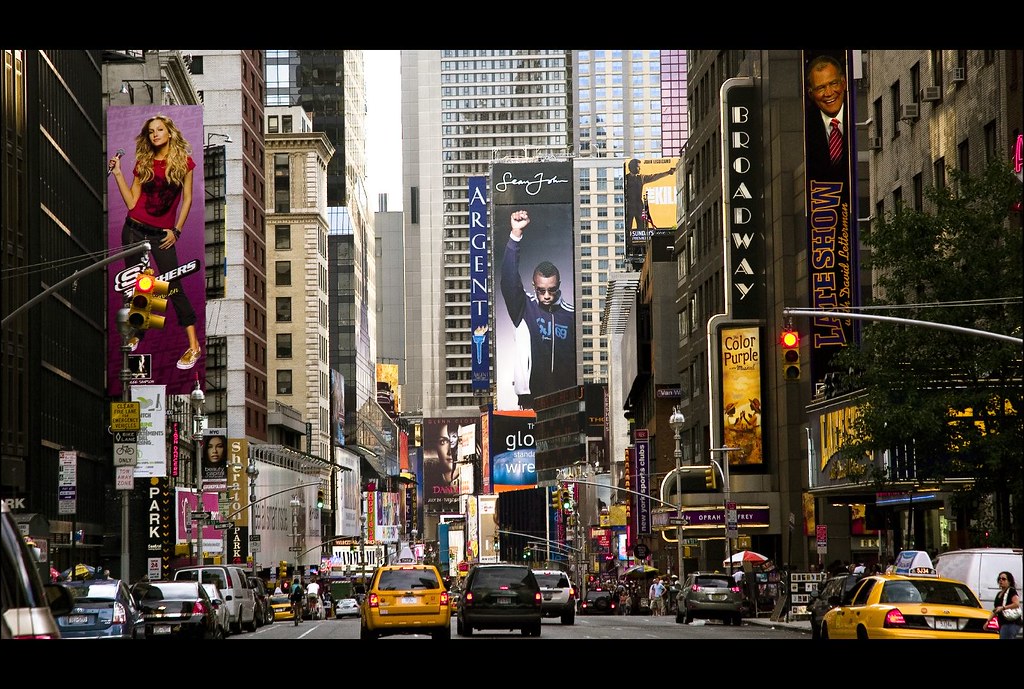Broadway Ave is not just a street; it’s a vibrant symbol of urban culture, entertainment, and history. From its bustling theaters to its rich artistic heritage, Broadway Ave has captivated the hearts of millions. This iconic avenue stretches through major cities, but perhaps most famously in New York City, where it has become synonymous with world-class performances and cultural significance.
In this article, we will delve into the history, significance, and the cultural impact of Broadway Ave. Whether you are a theater enthusiast, a tourist planning your next visit, or simply curious about this iconic location, this comprehensive guide will provide you with all the insights you need. Join us as we explore the multifaceted world of Broadway Ave.
We will cover everything from the evolution of Broadway, notable shows, and the influence it has had on the performing arts. By the end of this article, you will appreciate why Broadway Ave holds a special place in the hearts of many and continues to be a hub for creativity and expression.
Table of Contents
- History of Broadway Ave
- Cultural Significance of Broadway Ave
- Notable Shows on Broadway
- The Future of Broadway Ave
- Broadway's International Influence
- Economic Impact of Broadway
- Visiting Broadway Ave: Tips and Recommendations
- Conclusion
History of Broadway Ave
Broadway Ave has a rich and storied history that dates back to the early 19th century. Originally, it was a Native American trail that was later developed into a major thoroughfare. As New York City grew, Broadway became a focal point for entertainment, attracting performers, artists, and audiences.
In the late 1800s, the rise of vaudeville and musical theater transformed Broadway into a vibrant center for performance art. The construction of iconic theaters such as the Lyceum Theatre and the New Amsterdam Theatre marked the beginning of Broadway's golden age.
Broadway Ave continued to evolve through the 20th century, embracing various genres and styles of performance. Today, it stands as a testament to the enduring power of live theater and its ability to reflect societal changes.
Cultural Significance of Broadway Ave
Broadway Ave is not merely a location; it is a cultural phenomenon that has influenced countless artists and entertainers. It serves as a platform for storytelling, social commentary, and artistic expression.
Some of the key cultural contributions of Broadway Ave include:
- Hosting iconic performances that have shaped the landscape of American theater.
- Providing a space for diverse voices and narratives to be heard.
- Encouraging the fusion of various art forms, including music, dance, and drama.
Broadway as a Reflection of Society
Broadway has consistently reflected societal changes and challenges through its performances. From addressing civil rights issues to exploring themes of love and identity, Broadway serves as a mirror to the cultural zeitgeist.
Notable Shows on Broadway
Over the years, Broadway Ave has been home to many legendary shows that have left an indelible mark on the world of theater. Some notable productions include:
- Hamilton: A groundbreaking musical that redefined the genre and highlighted the story of America's founding fathers.
- The Phantom of the Opera: A timeless classic that has captivated audiences for decades with its haunting melodies.
- Wicked: A modern twist on the classic "Wizard of Oz" that explores themes of friendship and acceptance.
Broadway Awards and Recognition
Broadway shows are often celebrated through prestigious awards such as the Tony Awards, which recognize outstanding achievements in theater. These accolades not only honor individual performances but also elevate the status of Broadway as a premier destination for entertainment.
The Future of Broadway Ave
The future of Broadway Ave looks promising, with ongoing efforts to innovate and adapt to changing audience preferences. The integration of technology, immersive experiences, and diverse storytelling are set to redefine the Broadway landscape.
Furthermore, initiatives aimed at increasing accessibility and inclusivity are crucial for ensuring that Broadway remains a welcoming space for all audiences.
Broadway's International Influence
Broadway Ave’s influence extends far beyond the borders of the United States. Many international theater companies have drawn inspiration from Broadway's success, leading to the development of similar theater districts worldwide.
Musicals and plays originating from Broadway have been adapted and performed in various languages, showcasing the universal appeal of storytelling through performance.
Economic Impact of Broadway
The economic impact of Broadway Ave cannot be overstated. It is a significant contributor to New York City's economy, generating billions of dollars annually through ticket sales, tourism, and related industries.
Key economic contributions include:
- Job creation in the arts, hospitality, and tourism sectors.
- Increased revenue for local businesses, including restaurants and hotels.
- Promotion of cultural tourism, attracting visitors from around the globe.
Visiting Broadway Ave: Tips and Recommendations
If you're planning a visit to Broadway Ave, here are some tips to enhance your experience:
- Book your tickets in advance for popular shows to secure the best seats.
- Explore the area before or after the show for dining and shopping options.
- Consider attending a matinee performance for a more relaxed experience.
Conclusion
In conclusion, Broadway Ave remains a vital part of urban culture, showcasing the power of performance art to entertain, inspire, and provoke thought. Its rich history and ongoing evolution ensure that it will continue to be a beacon of creativity for generations to come.
We invite you to share your thoughts in the comments below, whether you’ve experienced Broadway firsthand or are planning your first visit. Don’t forget to share this article with fellow theater lovers, and explore more of our content for insights into the world of entertainment!
Penutup
Thank you for taking the time to explore the wonders of Broadway Ave with us. We hope to see you back on our site for more engaging articles that celebrate culture, art, and community. Until next time!




